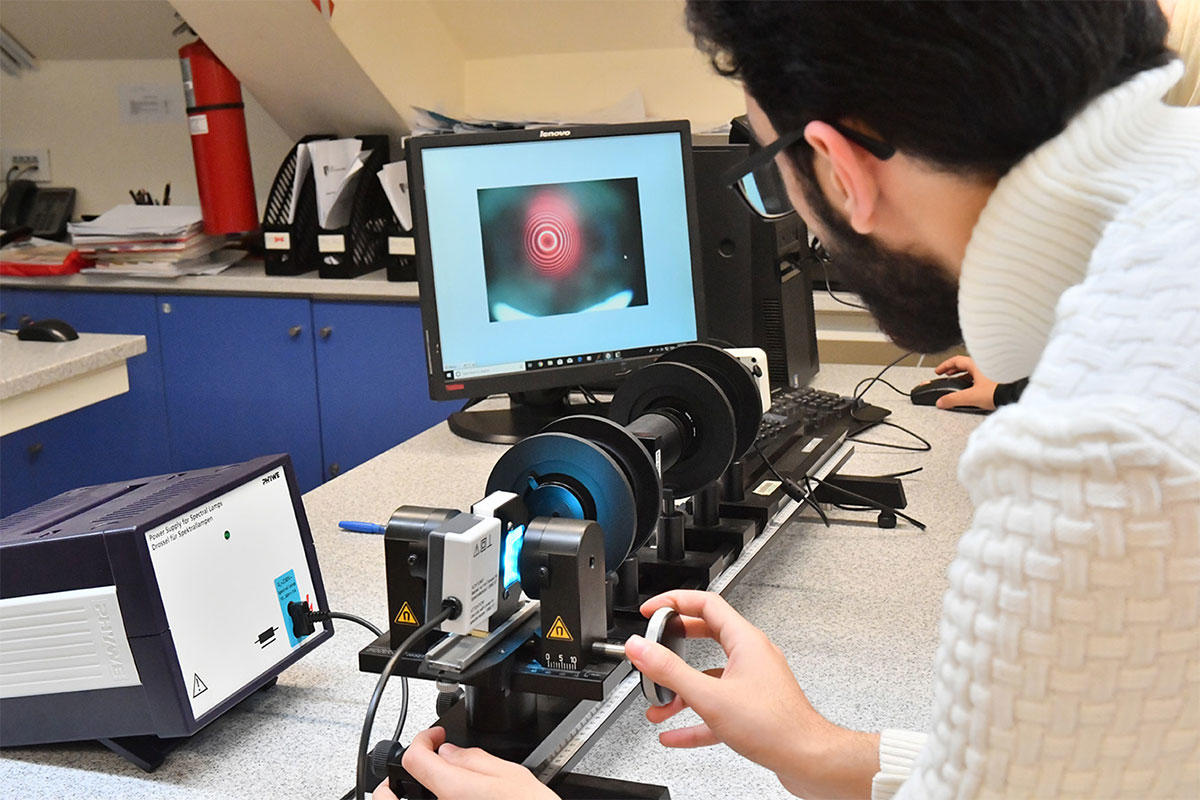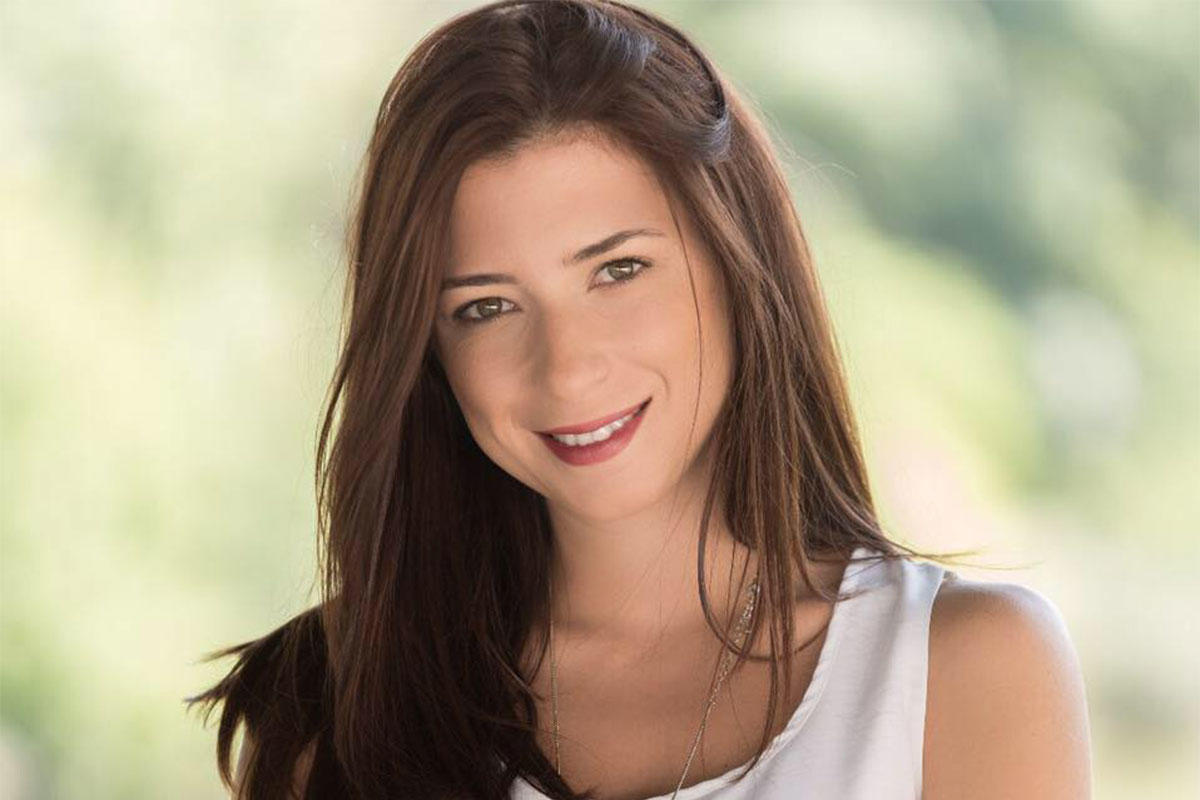Physics: A Cosmic Passion
Part-time physics faculty Dr. Rana Nicolas shares her experience as a finalist in the Astronauts Show and reveals how it made her a better teacher.
A four-month grueling training and 33 challenges saw part-time faculty of physics at LAU Dr. Rana Nicolas among the three finalists in the first Arab version of the Astronauts Show.
With a PhD in Nanotechnology and an insatiable curiosity about physics, Dr. Nicolas was initially shortlisted with 11 other participants from a pool of 500 contenders – scientists and pilots – from across the Arab world.
“My participation, which meant absence from classes, was with LAU’s full support,” she said.
Dr. Nicolas teaches a pre-med course in classical mechanics, and solid state physics for those majoring in Applied Physics at LAU. The program offers courses such as Electricity and Magnetism, Thermodynamics, Modern Physics, Quantum Mechanics, Statistical Mechanics, and Solid State Physics.
Her stint in the show gave Dr. Nicolas an edge in the classroom, she said. She now approaches topics such as weightlessness and centrifuge from a different angle based on a more personal, first-hand experience, which has fascinated her students and heightened their interest in physics.
“Many of our physics students want to go into theoretical physics, which is why space and astronomy are very interesting to them,” she said of the LAU students. “They ask me a lot about the science behind it; how the space station was built, how a space ship reaches the station, and whether the whole experience was stressful.”
Indeed, Dr. Nicolas had to endure difficult training and challenges to test her physical, mental and psychological fitness. The astronaut selection process is an exact replica of space agency programs, involving tests that are meant to ensure the astronauts’ ability to adapt to new environments and function under extremely stressful situations.
The first phase took place in Dubai, sponsored by Mohammed Bin Rashid Space Centre, under the supervision of a jury composed of Chris Hadfield, the first Canadian astronaut, Saud Karmustaji, one of the directors at the center, and psychologist Luma Naccach.
“The exposure to Hadfield’s stories and mentorship, and the personal coaching tips on the discipline, career path, and education were priceless,” Dr. Nicolas said.
One of the challenges was when contestants were placed in a human centrifuge rotating at high velocities and were asked to solve complicated mental mathematical equations. “You experience what we call high gravity,” she explained. “The exact same feelings that astronauts get when a spaceship launches. It means you feel your weight five times more, with the blood flow going to your legs, putting your life at high risk.”
Dr. Nicolas channels that exposure to psychological and mental strain into a meaningful lesson for her students who stress over exams. “It is important to highlight to students the need for equilibrium between mental, psychological and physical wellbeing on the one hand and academic performance on the other,” she said.
The next two stages took place at the Yuri A. Gagarin State Scientific Research and Testing Cosmonaut Training Center in Russia and at the NASA Kennedy Space Center in Florida. In Russia, among the challenges were a spacewalk simulation and a zero-gravity exercise, whereby the contestants were placed in a plane that they drove in parabolas. In Florida, the three finalists were asked to perform emergency procedures in a lab under the ocean.
Adamant to set the record straight about physics among students and prospective students, Dr. Nicolas is using her experience to show a different side to physics that will help students chart a future either in academia or industry.
The program at LAU opens up many career tracks, such as intellectual property, data science, teaching in schools, astronomy and space science, science and energy policies, and industry including sustainable energy, nanotechnology, materials development, petroleum industry, quantum information technology, medical instrumentation, and electronics.
“We encourage students who are interested in data science to take a minor in computer science. Theoretical physics can be paired off with a minor in math. So, this helps the student prepare for a successful and nonconventional career,” she said.
In the end, the main thing that drives an established physicist, a professor or a physics student is passion.
“It is a hard major, and to succeed in a major that is hard, you need to love it,” Dr. Nicolas concluded. “Understanding physics helps you understand the world around you. There are a lot of things to be passionate about.”

